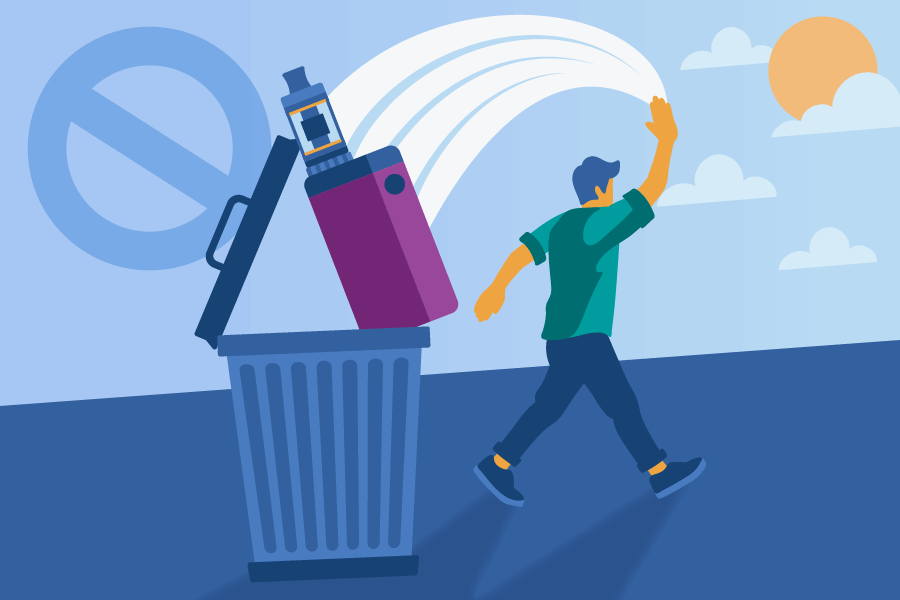Strengthening the Parent-Child Relationship
Many families have successfully transformed their lives and healed from the effects of drug and alcohol abuse. Based on extensive experience working with teens and young adults, here are some things parents can do to help their child succeed in treatment.
1. Engage in Your Own Change
When your child is in treatment, so are you. To achieve sustainable change, the whole family system must shift. Families who succeed in treatment often find that they are all transformed in the process, not just the “identified patient” who is abusing substances.
It’s important to be open to exploring ways your family may inadvertently perpetuate your child’s problem. This does not mean taking blame for your child’s drug use, but rather remaining open and curious about the family’s role in their struggles.
2. Collaborate With Your Child’s Treatment Team
Sometimes, parents advocate to get their children out of program requirements, trying to explain away drug testing results or fighting against the program “for” their child. When an attempt to protect your child goes too far, it can create learned helplessness and reinforce a belief that your kid cannot successfully advocate for themselves.
It can also create problems between the child, family members, and treatment team. If your child believes they are being treated unfairly or would like to see a change in their treatment, listen supportively, and encourage them to stand up for themselves. Remember that your kid’s treatment team is highly experienced and able to see things that may be hard for you to recognize.
3. Prioritize Treatment
An outpatient program is a big commitment for both the parents and the child. However, it is also time-limited. Think of the 2-3 initial months as an investment towards long-term success. You signal to your family the importance of treatment when you change your conference call to make your family therapy session and block off Wednesday evenings for a multi-family group.
You may be amazed that when you show that you are willing to change and sacrifice as part of the process, your child shows a greater willingness to do the same. This does not mean that you take on all the responsibility of program requirements. Instead, it sets an example and demonstrates your commitment to the process.
4. Allow Your Child to Take Ownership
This may at times seem contrary to the previous point, but both things are true: you as a parent are setting the example and demonstrating your commitment, and your child is ultimately responsible for their recovery.
For example, you are responsible for being at a multi-family group, but perhaps your child can take public transportation to arrive at IOP groups. While treatment is a commitment for all, it should not require you to put your entire life on hold.
5. Hold Loving Boundaries
You cannot control your child, only your actions. However, as a parent, you do have a great deal of influence over your child. You can both influence your child and protect your mental health by establishing clear boundaries and sticking to them. Teenagers need boundaries to feel safe, and you as a parent need them too.
A clear boundary empowers both parties and helps each person make choices. If your teen clearly understands that to spend time with friends on the weekend, they must make it to all program activities and get a negative drug test, they can then choose based on this understanding. Therapists can help you clarify helpful boundaries for your family, but ultimately it is up to you to follow through on them.
6. Learn All About Addiction
The more that you understand about substance use and addiction, the more you will be able to respond compassionately and appropriately to your loved one. Some of the teens and young adults fully progress to chemical dependency. Some are abusing substances and engaging in destructive behavior.
Even if your teen is in the early stages of substance use, it is important to learn about the way addiction can progress and the negative impact it can have on developing brains and bodies. It’s also vital to learn about it as it applies to your loved one:
- Why do they use substances?
- What are their cravings like?
- What do they think is driving their behavior?
7. Take Care of Yourself and Your Relationships
If you are not eating well and getting exercise and sleep, you will not be at your best. Try to model self-care for your child, as well as to protect your mental health. When you take care of yourself, those around you benefit, too.
Family dynamics can shift around substance use disorder and addiction, with everything revolving around the person using. It is important to take a step back and make the choice for self-care—get tea with a friend, go for a walk, have a date night, Recovery is a marathon, not a sprint.
8. Practice Collaborative Co-Parenting
When parents or guardians can present a united front and a consistent message, it’s very powerful. Teens naturally test boundaries to see if they can get different responses from each parent. As much as possible, try to be consistent in your approach so that your child cannot “shop” for the answer they are looking for.
If you and your spouse, ex, or partner, do not agree on the same approach, work this out away from your child. If you need to seek additional professional help to get on the same page, do so. This exemplifies the notion that the whole family is in treatment.
9. Expect Mistakes
Very few lifestyle changes we try to make have black-and-white terms we often impose on substance use and recovery. Think about it—if you are trying to lose weight and you miss one day at the gym, do you think that you have completely failed and had a “relapse”? Probably not.
Similarly, expect that your child will make mistakes. Hold them accountable, but treat it as a problem to solve:
- What went wrong?
- How can they prevent this in the future?
- Do they need more support, structure, and/or clearer expectations?
10. Stay in a Positive Relationship With Your Child
It can be very difficult to maintain a positive relationship with your child when they are not behaving as you’d like. When they’re struggling the most, they need your love and support. This doesn’t mean enabling negative behaviors; it means communicating your unconditional care and acceptance of them as a person.
Most teens, on a deep level, become afraid that their parents do not like or care for them when they are acting out. Maintaining a secure connection and communicating love is important even when your teen is at their worst.
Embrace Your Parental Role in Your Child’s Road to Recovery
Supporting adolescents and young adults through drug and alcohol addiction recovery requires comprehensive care. At Sandstone, we offer effective treatment, including individualized plans addressing all aspects of recovery: family involvement, academic and vocational support, quality mental health assessment, and a transitional living program in Denver, CO. If you believe your loved one may need help with substance use issues, reach out today.










